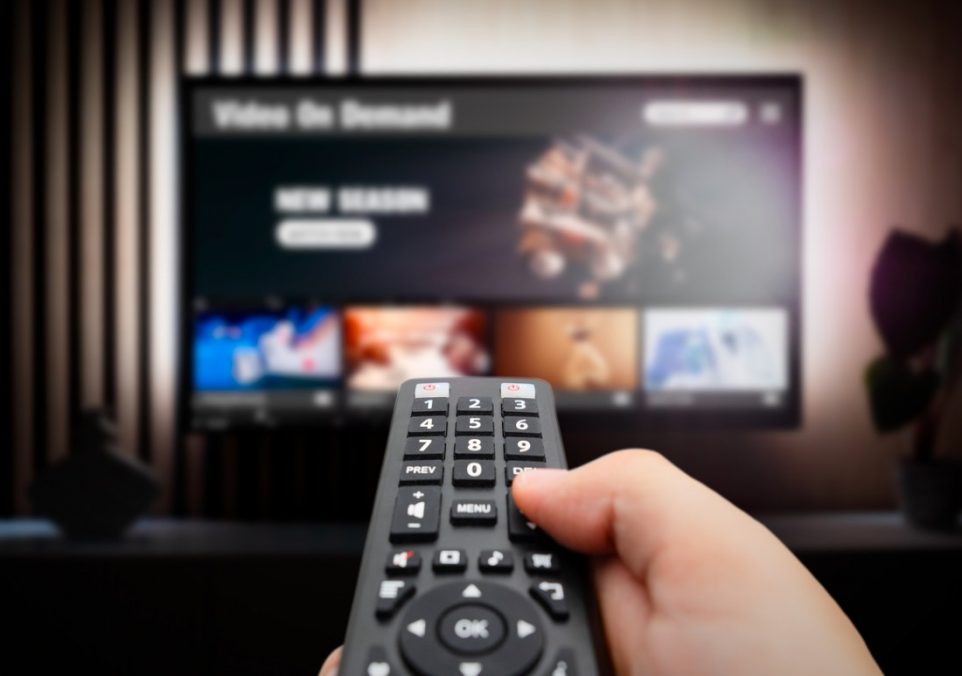Streaming TV vs. Cable: Which is Better?

It’s no secret that streaming TV services have become incredibly popular in recent years, offering an alternative to the traditional cable and satellite services that have been around for decades. But for many people, it can be difficult to decide which option is best for them.
In this article, we’re going to take a look at the pros and cons of streaming TV versus cable and help you determine which one is the better option for you. We’ll compare the different features and services offered by each option so you can make an informed decision about what’s best for your entertainment needs. In the end, you’ll have a clear understanding of the advantages and disadvantages of both streaming TV and cable, so you can choose the best option for your home.
Related read: Is Streaming TV Cheaper Than Cable?
Streaming TV
One major advantage of streaming TV is that it’s generally more cost-effective than cable, as there are often no contracts or installation fees. Plus, streaming services like Netflix and Hulu have a wide selection of content and customizable options, such as parental controls. In addition, many modern streaming devices offer 4K compatibility for ultra-high-HDMI viewing, and some models even come with built-in Bluetooth or Wi-Fi capabilities.
The main disadvantage associated with streaming TV is that some popular channels may not be available depending on the service you choose. In addition, streaming can be unreliable at times due to slow internet connections or buffering issues. Furthermore, depending on your specific setup, some components, like an HDMI extender, may be necessary in order for your devices to connect properly.
Cable
The main advantage of cable is that it generally offers a greater variety of content compared to streaming services. With cable, you can access your favorite premium channels as well as international programming and live sports. Plus, with access to multiple HDTV channels, you can enjoy the highest quality viewing experience available.
Unlike streaming services, cable requires that you sign a contract before you can begin watching your favorite shows and movies. This means that if you ever decide to cancel your subscription, you could face early termination fees or other charges from your service provider. Another downside is that cable can be quite expensive depending on the type of package you purchase from the provider.
Streaming vs. Cable
When comparing streaming TV vs. cable, it’s important to consider the overall cost, the type of content, and the user experience each method provides.
Your Trust, Our Core Commitment
At Rising Tech, earning and maintaining your trust is the cornerstone of our mission. We're dedicated to transparency, impartiality, and the relentless pursuit of truth in every article, review, and recommendation we publish. Our commitment to these principles ensures that you, our valued reader, are always equipped with reliable and unbiased information. Let us be your trusted guide in the ever-evolving world of technology.